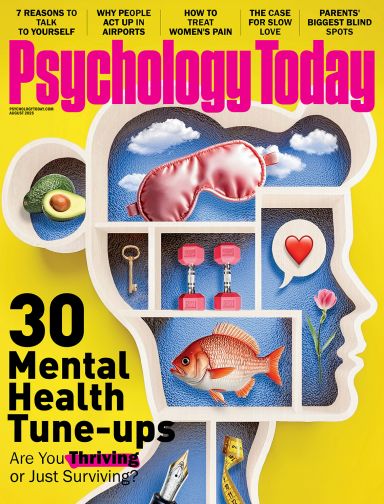Anxiety is both a mental and physical state of negative expectation. Mentally it is characterized by increased arousal and apprehension tortured into distressing worry, and physically by unpleasant activation of multiple body systems—all to facilitate response to an unknown danger, whether real or imagined.| Psychology Today
Stress generally refers to two things: the psychological perception of pressure, on the one hand, and the body's response to it, on the other, which involves multiple systems, from metabolism to muscles to memory. Some stress is necessary for all living systems; it is the means by which they encounter and respond to the challenges and uncertainties of existence. The perception of danger sets off an automatic response system, known as the fight-or-flight response, that, activated through hormo...| Psychology Today



